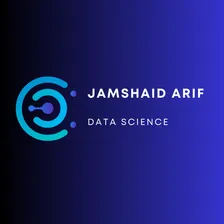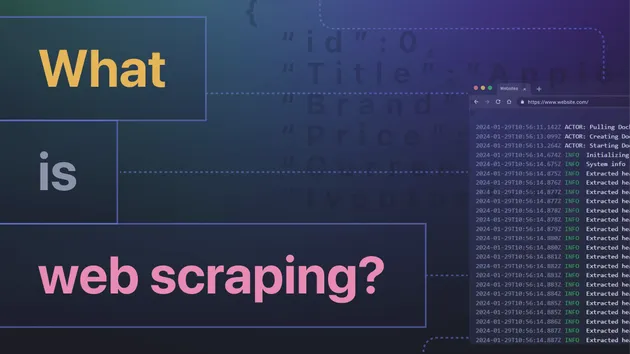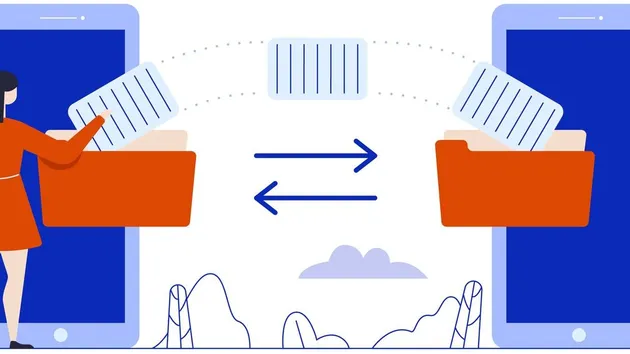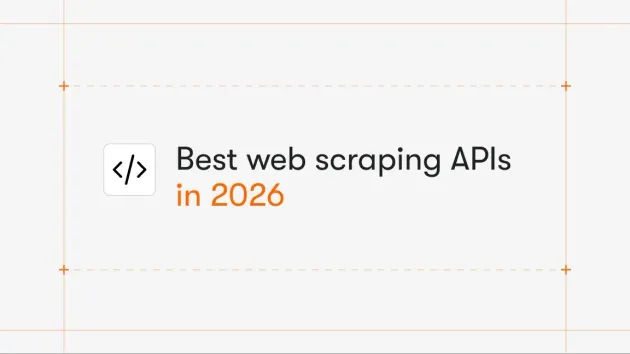General Purpose Web Scraping and Metadata Extraction
Pricing
$20.00/month + usage
General Purpose Web Scraping and Metadata Extraction
This project uses the Apify platform to scrape data from web pages, collect metadata, and store results in an Apify dataset. It features functions for managing date ranges, encoding identifiers, and handling large datasets, aiming to efficiently extract and store structured data for analysis.
Pricing
$20.00/month + usage
Rating
0.0
(0)
Developer

Jamshaid Arif
Actor stats
0
Bookmarked
14
Total users
1
Monthly active users
24 days ago
Last modified
Categories
Share




